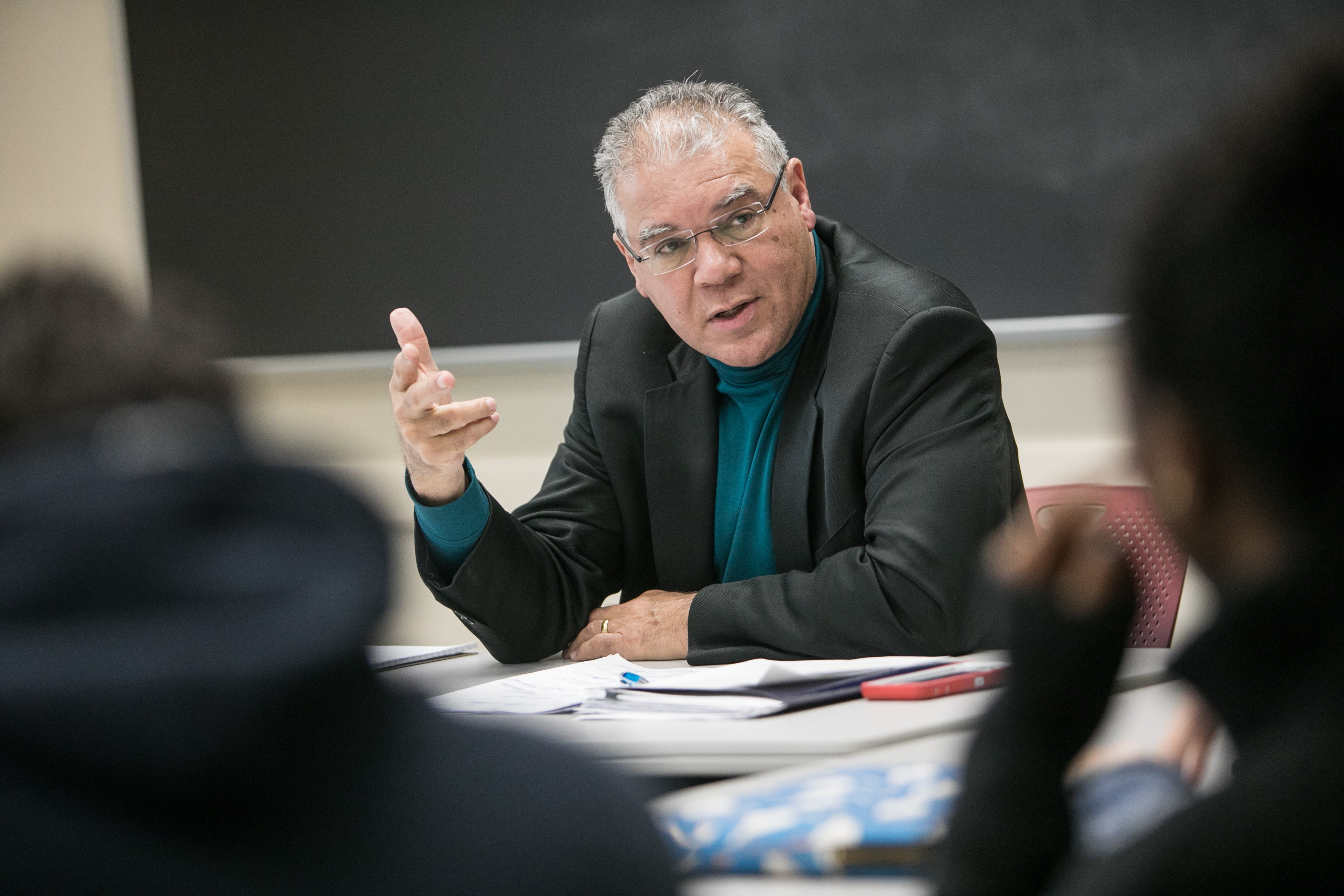
I have always preferred teaching at the undergraduate level. I also feel that my new research project on the relationship between inequality and “exceptionalism” will help me create Engagements courses that give students the possibility of critically appreciating their own situation in the world.
Inequalities have dramatically increased over the past three decades. According to Oxfam, “almost half of the world’s wealth is now owned by just one percent of the population.” As a political scientist, I am interested in questions of power and legitimacy. Not surprisingly, I seek to understand not only whether this level of inequality is justifiable, but also whether it is sustainable? Is it an invitation to a Hobbesian world of violent conflicts? Indeed, are these disparities so extreme, and the lives of the haves versus the have-nots so fundamentally different, that it becomes a stretch to speak of a common humanity?
This question leads me to my second theme, “exceptionalism.” As I conceive it, exceptionalism is the belief that a particular group of people is inherently unique. While exceptionalism can and has degenerated into xenophobic or racist forms of exclusion, it can paradoxically claim a form of cultural distinctiveness based on universalism. In short, exceptionalism can both undermine and exalt a human commonality. Studying inequality and “exceptionalism” will encourage students to question their own ideas and assumptions about the world; in the process, they will hopefully understand that seeking good “answers” to major problems requires a complicated and ongoing quest for knowledge.
Originally from Haiti, I have taught at UVA since 1981. I chaired the Department of Politics from 1997 to 2004 and have also served as the Associate Dean of the Graduate School of Arts & Sciences. My most recent book. published in 2014, is Haiti: Trapped in the Outer Periphery.
